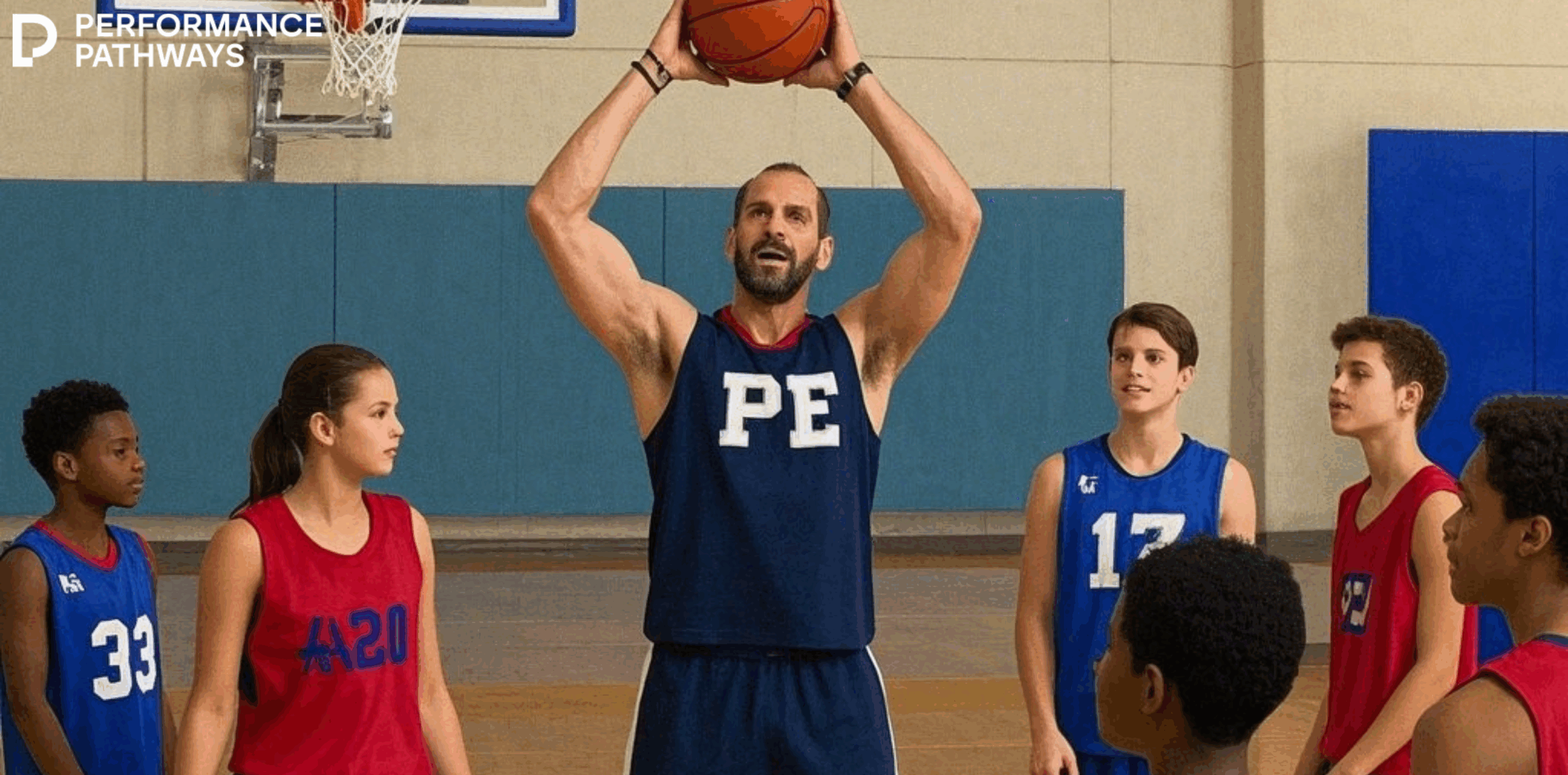In an era where PE is being pulled in every direction—wellness, physical
literacy, personal development—it’s easy to forget the power of sport.
Not elite sport.
Not win-at-all-costs sport.
But participation in sport as part of a purposeful and progressive PE
program.
We’ve seen the shift. Some schools are pulling back from traditional sports
in PE, replacing them with general activity. But here’s what we risk losing
when we do that:
Character development
Sport challenges students in ways that are difficult to replicate. Win or
lose, students learn resilience, accountability, humility, and how to deal
with pressure. These aren’t just athletic skills—they’re life skills.
Belonging and connection
There’s something powerful about being part of a team, wearing a bib or
jersey, and sharing success (or failure) with others. Sport creates
community, which so many students crave.
Intrinsic motivation
The structure of sport—progressing through skill levels, improving
performance, working toward a match—gives students purpose. It helps
them set goals and see improvement, a critical piece of long-term
motivation.
Performance mindset
When students engage in sport, they’re encouraged to stretch
themselves, reflect on mistakes, and get better. These are the foundations
of a growth mindset—and they don’t come from passive participation.
At Performance Pathways, we believe sport is still one of the most
powerful tools in education.
Our resources are built around developing performance—not for medals,
but for lifelong success.
Because when sport is structured well, it’s for everyone.
Share this post
Get fresh insights and articles straight to your inbox
By subscribing you agree to our privacy policy.



Comments
You must be signed in to comment